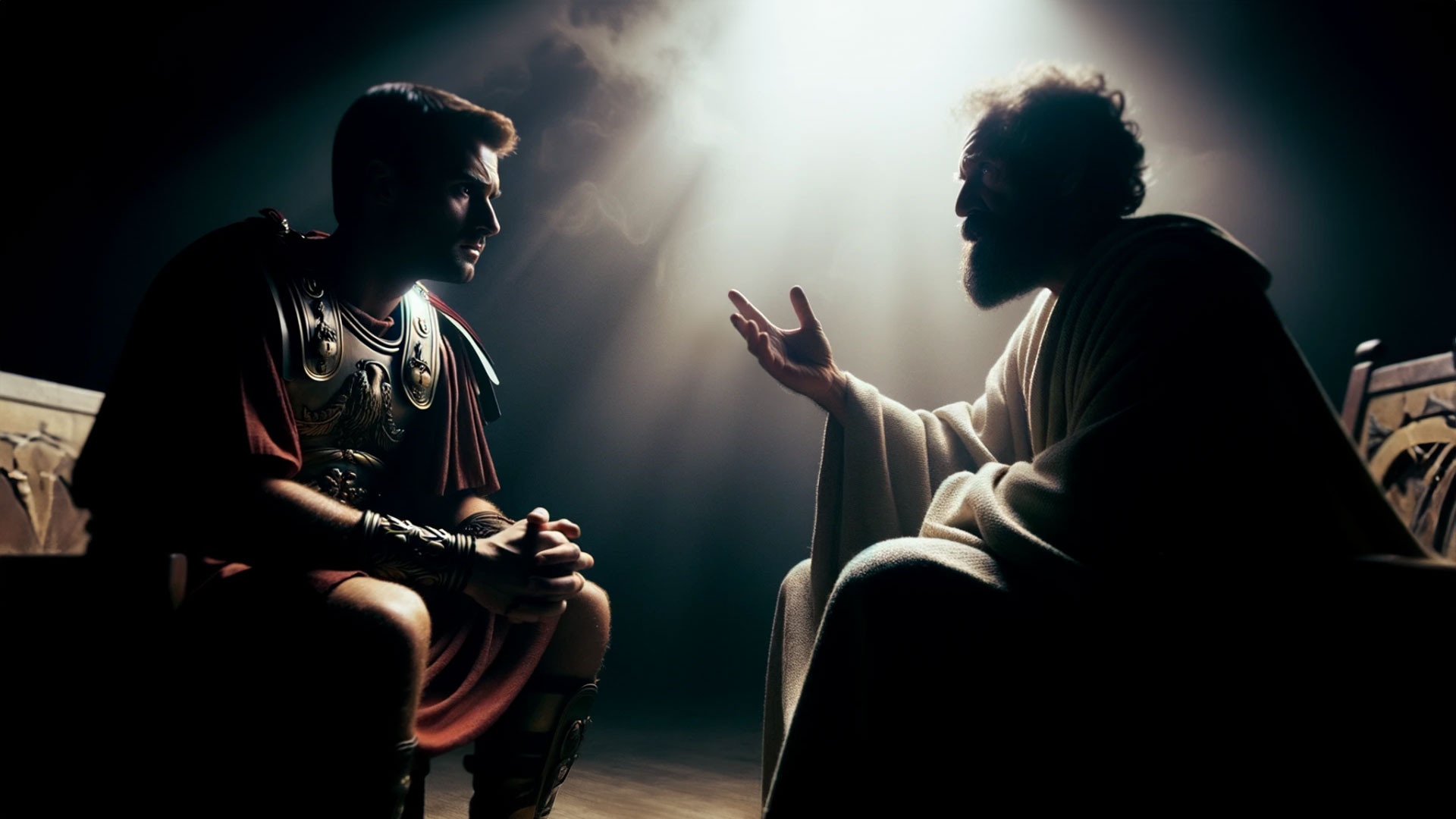While Rome conquered Greece militarily, it extensively integrated Greek cultural, philosophical, and artistic contributions, forming a combined legacy that significantly influenced Western civilization.
Etymology/Origin
In Horace’s Epistles, he pens the line “Graecia capta ferum victorem cepit.” Translated, it means “Captive Greece took captive her savage conqueror.” This poetic expression encapsulates the idea that while Greece was physically conquered by the Romans, it was Greek culture, philosophy, and arts that eventually dominated and influenced Roman society. In essence, despite being militarily subjugated, the intellectual and cultural legacy of Greece ‘captured’ the minds and hearts of the Romans, leaving a profound impact on Roman thought and civilization.
Historical Context
- Ancient Greece, during the Classical period (5th to 4th century BCE), was a center for intellectual, artistic, and philosophical activities. City-states like Athens were notable for political structures such as democracy.
- By the 2nd century BCE, Rome’s expansion led to direct engagements with the Greek world, culminating in the conquest of mainland Greece by the mid-2nd century BCE.
Cultural Exchange
- Greek culture, encompassing art, literature, philosophy, and science, was deeply admired by the Romans.
- Roman literature drew heavily from Greek masterpieces, with works from authors like Sophocles and Homer leaving a lasting impact on Roman literary traditions.
- Proficiency in the Greek language was a mark of the Roman elite, and Greek tutors were in high demand. Additionally, studying in Greece was a common practice.
- The Romans underwent religious syncretism, aligning many of their gods with the Greek pantheon.
- Roman architecture saw the incorporation of Greek techniques and styles, especially the Doric, Ionic, and Corinthian orders.
Economic and Military Interactions
- Trade between Greece and Rome included goods like wine and olive oil. Greek coinage systems were adopted, and Greek artistic motifs appeared on Roman coins.
- The Romans integrated Greek military tactics into their strategies. A notable influence was the phalanx formation, a dense formation of infantrymen.
Philosophical Influence
Greek philosophical schools found resonance in Rome. Stoicism emphasized virtue and wisdom, Epicureanism advocated for pleasure and the avoidance of pain, and Neoplatonism blended Platonic ideas with religious concepts.
Distinctive Aspects
- Greek culture saw extensive assimilation into Roman society, a dynamic that stood out as conquerors typically impose their culture on those they conquer.
- Long after Greece’s conquest, its influence persisted in Rome, particularly in areas of thought, art, and literature.





